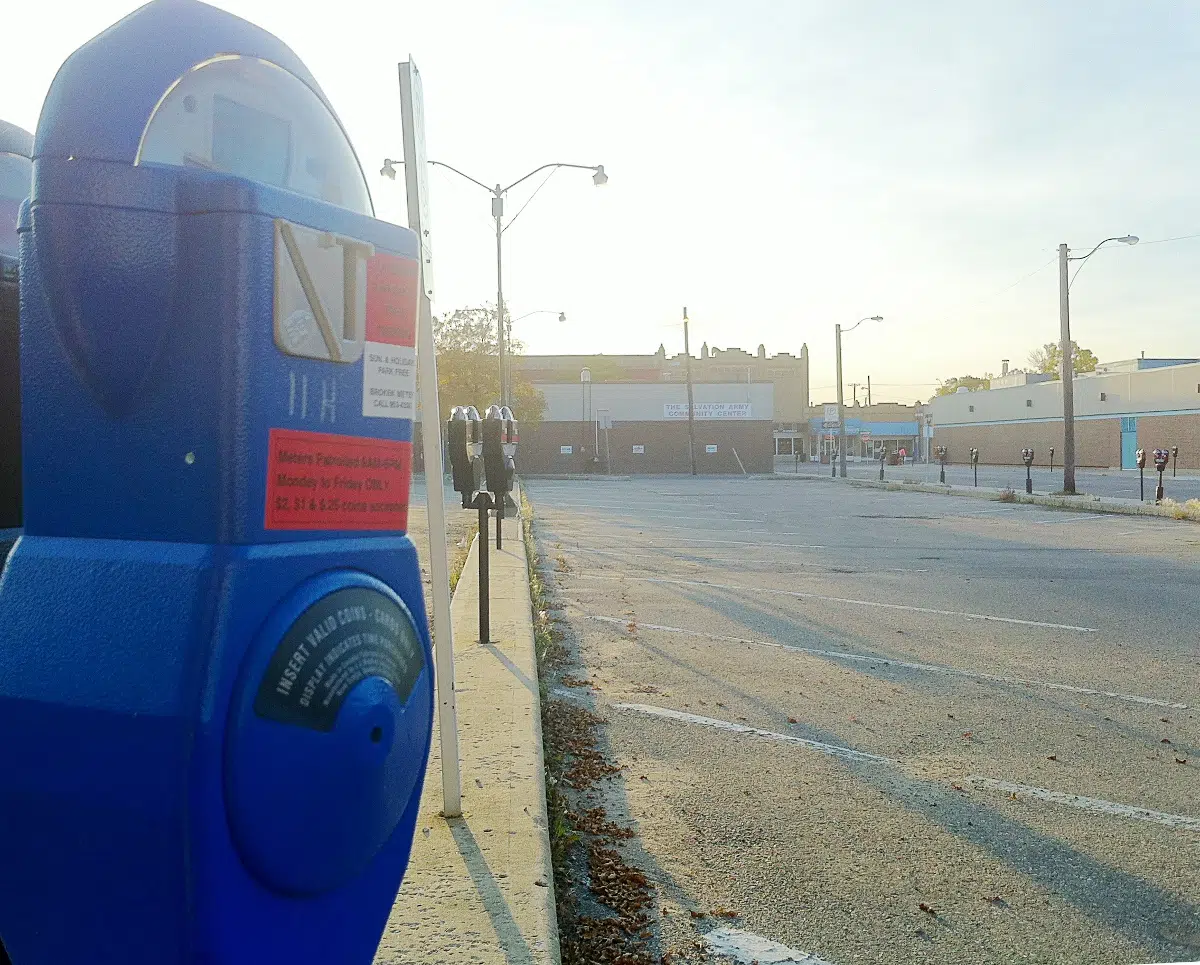
Ticket Tracer program pays for itself
The City of Prince Albert’s tool to help crack down on unpaid parking tickets in the city has paid for itself since it was introduced.
The Ticket Tracer program is a software package that the city purchased and it allows the city a much more efficient means of tracking and prosecuting all new tickets, said Joe Day, the city’s financial services director.
Around the time it got the software, the city hosted a blitz to try and collect some of the outstanding tickets that had been sitting for some time.
“Unrelated to the Ticket Tracer software itself, but around the same time that we were implementing some changes we did do a bit of a push to try and get some collections on, what at the time was believed to be about $50,000 to $100,000 of outstanding fines; and we did collect approximately $60,000 in unpaid fines dating back a few years,” Day said.


